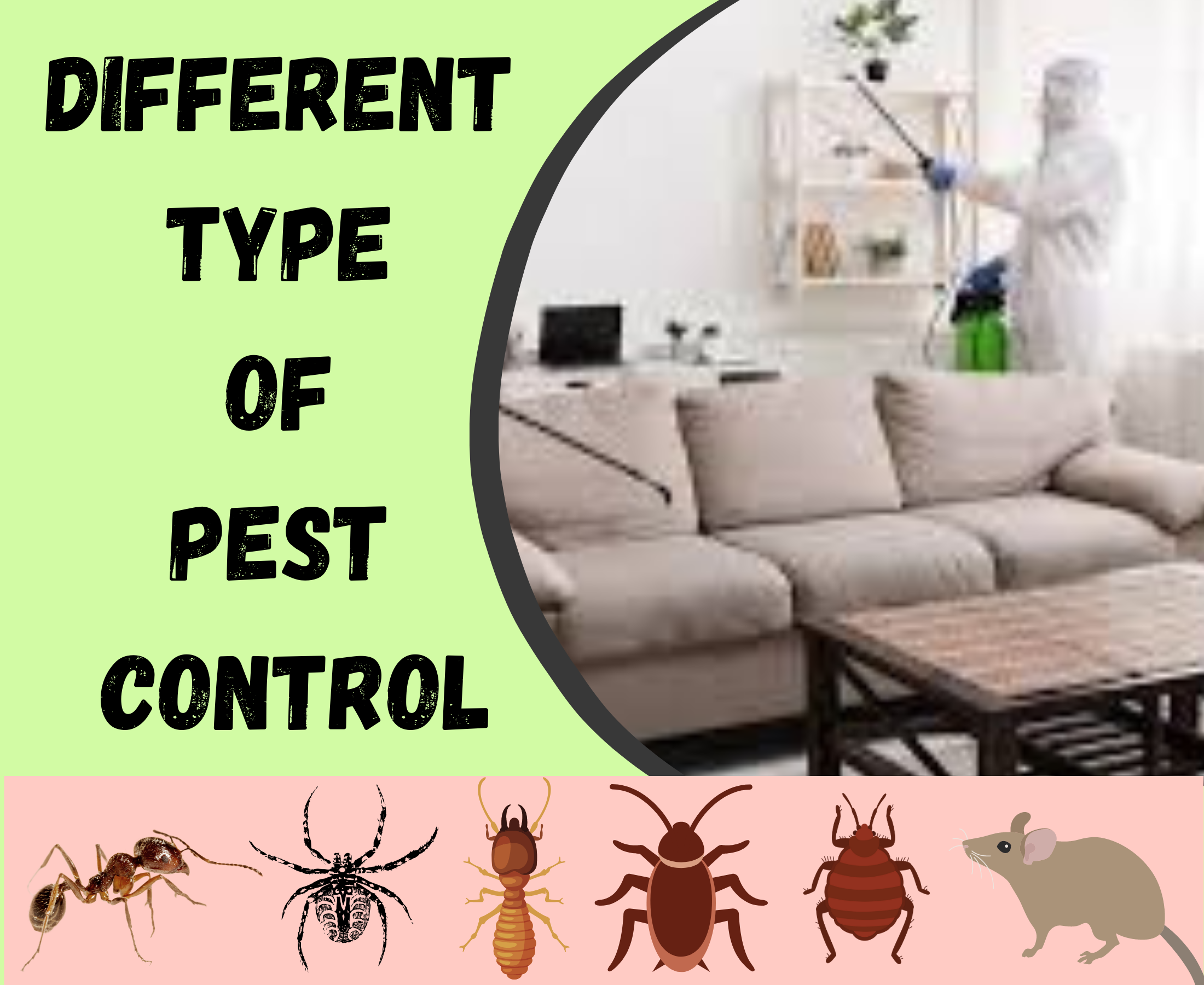Pest Control Fundamentals Explained
Pest Control Fundamentals Explained
Blog Article
The Ultimate Guide To Pest Control
Table of ContentsLittle Known Questions About Pest Control.Not known Details About Pest Control The Single Strategy To Use For Pest ControlFacts About Pest Control RevealedSome Of Pest Control
Limitations of Chemical Administration Be able to assess insect problems, establish if administration is necessary, and make ideal suggestions using IPM strategies. Recognize with different approaches of bug management - their advantages and limitations. Recognize the value of helpful bugs. It is not possibleor also desirableto rid gardens of all parasites.This chapter goes over (IPM), an approach that utilizes expertise about bugs and their, methods, nonchemical approaches, and chemicals to handle bug issues. Added info regarding IPM for certain plants is consisted of in phases that focus on those plants. Nonchemical insect control steps are worried in phase 17, "Organic Gardening." Handling birds and mammals is covered in chapter 20, "Wild animals." Taking care of in the yard and yard is covered in phase 6, "Weeds." Bugs in a yard or landscape might consist of insects and mites, weeds,, animals, and birds.
Insects and weeds, nonetheless, play a duty in the. After growing a garden or establishing a grass, the all-natural process of plant sequence starts to restore and nonnative plants.
What we call "insects" belong to an all-natural system at job. An ecological community has no pests. Only humans take into consideration certain types pests when they happen where they are not wanted. We will certainly be extra effective in managing unwanted varieties when we realize that these organisms adhere to foreseeable patterns that we can use to our benefit.
Pest Control Can Be Fun For Everyone
Parasites vulnerable to a chemical were rapidly eliminated, leaving immune ones to breed and multiply. It came to be clear that pesticides alone would certainly not resolve all bug problems. Instead, overuse of pesticides created the development of resistant parasites. Scientists started to create a new method to pest control. This brand-new strategy was referred to as integrated bug monitoring (IPM).
An IPM strategy allows some degree of pests in the setting. Bugs are much less likely to survive a program that makes use of several techniques of lowering their populaces. Integrated pest management was first suggested by entomologists since pests were the initial team of parasites to prove difficult to manage with chemicals alone.
A threshold is the point at which activity ought to be taken. IPM has extended past pests to administration of all pest populations: weeds, disease microorganisms, and animals.
Not known Facts About Pest Control
Administration instead of removal of parasites is the goal. An IPM strategy begins with a mindful assessment of each pest invasion. Only after that can one decide regarding the appropriate methods required to subdue pest tasks. The life cycle of the parasite, possible damages, natural opponents, and results of weather, amongst other aspects, are considered before a control strategy is executed - Pest Control.
Clover growing in a yard might be considered as an undesirable weed, but as a legume it is manufacturing nitrogen for the dirt and the blossoms are offering nectar to honey find out here and other. Resistance for some weeds might belong to an IPM strategy. may be consuming the leaves of a plant, yet when they are recognized as the larvae of Eastern tiger swallowtail butterflies, their damage might be endured so we can enjoy the stunning butterfly.

The second most crucial device in insect management is early intervention. Responding to problems swiftly, before they have time to multiply, calls for a less remarkable treatment.
The 7-Minute Rule for Pest Control
Lots of risk-free, useful, nonchemical techniques of plant protection and pest management might decrease or get rid of the requirement to spray. Other methods are most advantageous when used with chemicals. To carry out administration methods appropriately and to decrease losses, garden enthusiasts ought Click This Link to understand the kinds of parasites that assault plants and comprehend pest biology.

Performing a dirt test and applying only the suggested quantity of plant food and lime makes best use of the benefit to the plant while reducing issues connected to too much use fertilizer - Pest Control. Covering the soil with several inches of mulch secures the plant in numerous ways: reducing dirt water loss to dissipation, minimizing weed competitors, supplying nutrients, and producing an ideal setting for earthworms and bacteria that keep the dirt loosened for origins and break down natural product to release nutrients
If mulch touches the trunk, it can produce a method for voles, germs, and fungi to strike the plant. Do not make use of manure or compost that has not extensively decayed as a top dressing because it can urge unfavorable insects. Research suggests that farming is harmful to dirt framework.
What Does Pest Control Mean?
If tilling is considered essential, consider doing it in the autumn when the life cycles of several pests brings them near the surface. At the surface area, parasites end up being subjected go now to the climate as well as birds and other natural adversaries.
Report this page